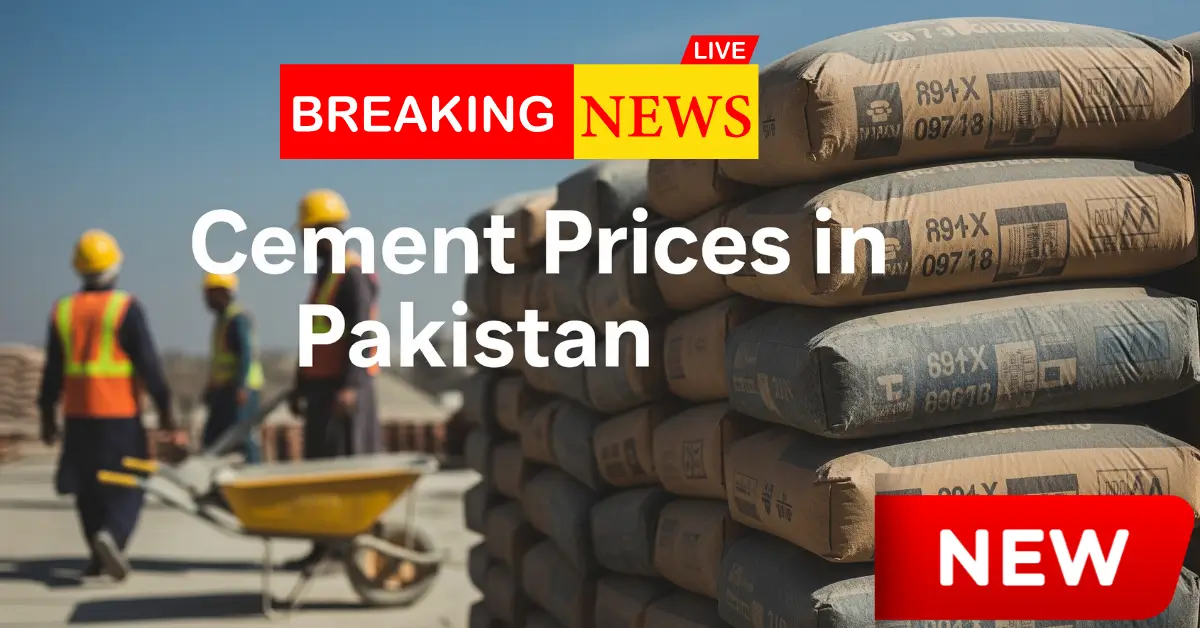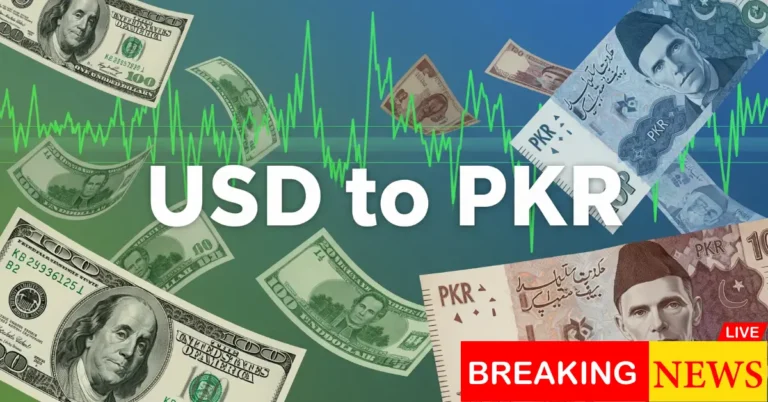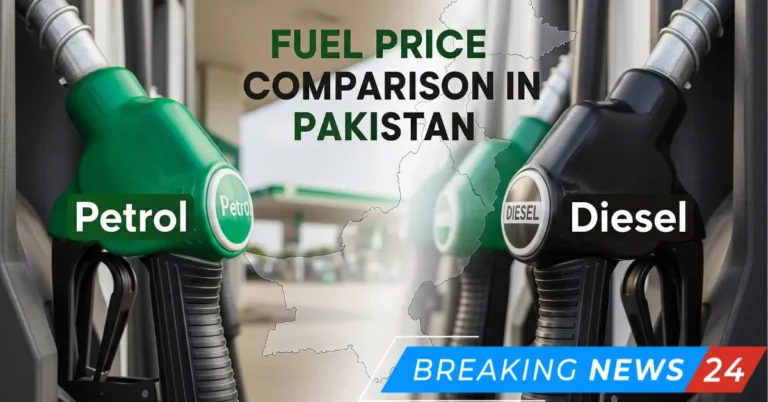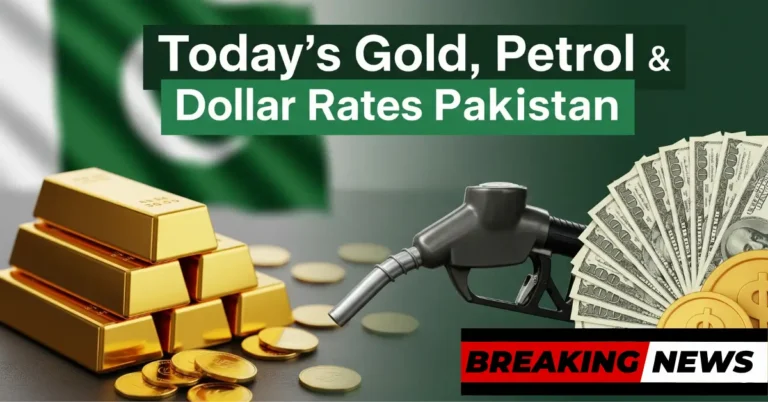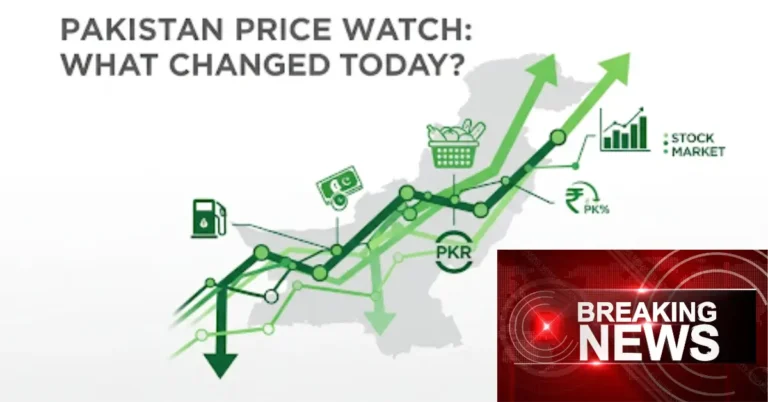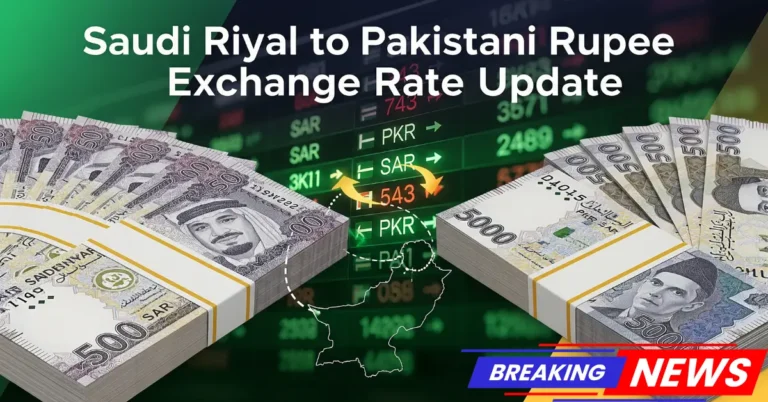The construction sector in Pakistan is once again in the spotlight as cement prices adjust to changing market conditions this. From major development projects to private housing, cement remains a core component in building infrastructure. Whether you’re planning a home or managing a commercial build, understanding current cement prices in Pakistan is vital for accurate budgeting and cost control.
Cement holds strategic importance in Pakistan’s economy, with its pricing directly influencing construction costs. With inflation affecting fuel, energy, and transport sectors, cement prices have also felt the pressure. As we move through the third quarter of 2025, builders and investors alike are closely watching pricing trends to align their construction timelines and budgets accordingly.
Cement Rate Today in Major Cities
In most urban areas, cement prices in Pakistan currently range between PKR 1,190 and PKR 1,250 per 50-kg bag. Cities like Lahore and Islamabad are reporting slightly elevated prices due to higher transportation costs and strong urban demand. Meanwhile, regions such as Multan, Gujranwala, and Peshawar are witnessing more stable rates, owing to proximity to manufacturing plants.
Branded Cement Prices in Pakistan – 2025
Branded cement options remain the best choice for quality-focused buyers. Prices vary from brand to brand, often based on manufacturing efficiency and distribution networks. Here’s an updated list of average prices by brand this month:
| Cement Brand | Price (Per 50kg Bag) |
|---|---|
| DG Cement | PKR 1,230 |
| Maple Leaf Cement | PKR 1,240 |
| Lucky Cement | PKR 1,225 |
| Bestway Cement | PKR 1,235 |
| Fauji Cement | PKR 1,220 |
| Kohat Cement | PKR 1,215 |
| Cherat Cement | PKR 1,210 |
These rates reflect retail pricing and can differ slightly across regions based on transportation and dealer margins. Still, they represent a solid reference point for anyone tracking cement prices.
Regional Variations in Cement Prices
Different cities experience different price trends due to proximity to cement manufacturing units and road transport conditions. For example, buyers in areas near cement plants in Dera Ghazi Khan or Chakwal may pay PKR 30–40 less per bag compared to coastal cities like Karachi. Local taxation and dealer competition also influence how cement prices shift regionally.
Why Are Cement Prices Increasing?
Several economic variables have pushed cement prices higher in 2025. Key among them are fuel costs, which affect kiln operations, and rising electricity charges. The rupee’s fluctuation against the dollar has added further strain, making imported equipment and parts more expensive. Additionally, the introduction of new taxes in the construction sector has led to price adjustments from most cement manufacturers.
Impact on Construction and Housing Sector
Construction companies in Pakistan and homeowners are both feeling the effects of higher cement prices. With materials now costing more, many building projects have seen budget revisions. For the average 5-marla house, the construction cost has risen significantly in the past 12 months. Contractors are revising quotations more frequently, and homeowners planning renovations or new builds are now weighing cost-saving alternatives.
Cement Demand Outlook for 2025–2026
Despite the price uptick, the demand for cement remains strong. Mega infrastructure projects linked to CPEC and public transport improvements in major cities are expected to continue driving bulk demand. Meanwhile, private housing schemes and commercial real estate remain active contributors. Industry insiders believe that unless there’s a major economic shift, cement prices are likely to remain on the higher side for the near future.
Summary of Current Cement Market Trends
To simplify the latest market status, here’s a quick summary of key trends for 2025:
| Trend | Status – 2025 |
|---|---|
| Average retail price | PKR 1,190 to PKR 1,250 |
| Price direction | Slightly upward |
| Most expensive brand | Maple Leaf Cement (PKR 1,240) |
| Most affordable brand | Cherat Cement (PKR 1,210) |
| Major influencing factors | Fuel costs, inflation, taxes |
| Demand forecast | Stable to growing |
Conclusion
Tracking cement prices in Pakistan is more than just a concern for developers—it’s now a key consideration for individual homeowners and investors alike. As prices adjust to economic pressures, being informed enables better planning and smarter decisions. As we move into the final quarter of 2025, staying up to date on local market rates will be essential for anyone engaged in construction, whether on a small plot or a major infrastructure project. Continued monitoring is recommended, as future price shifts could impact project viability and timelines.
